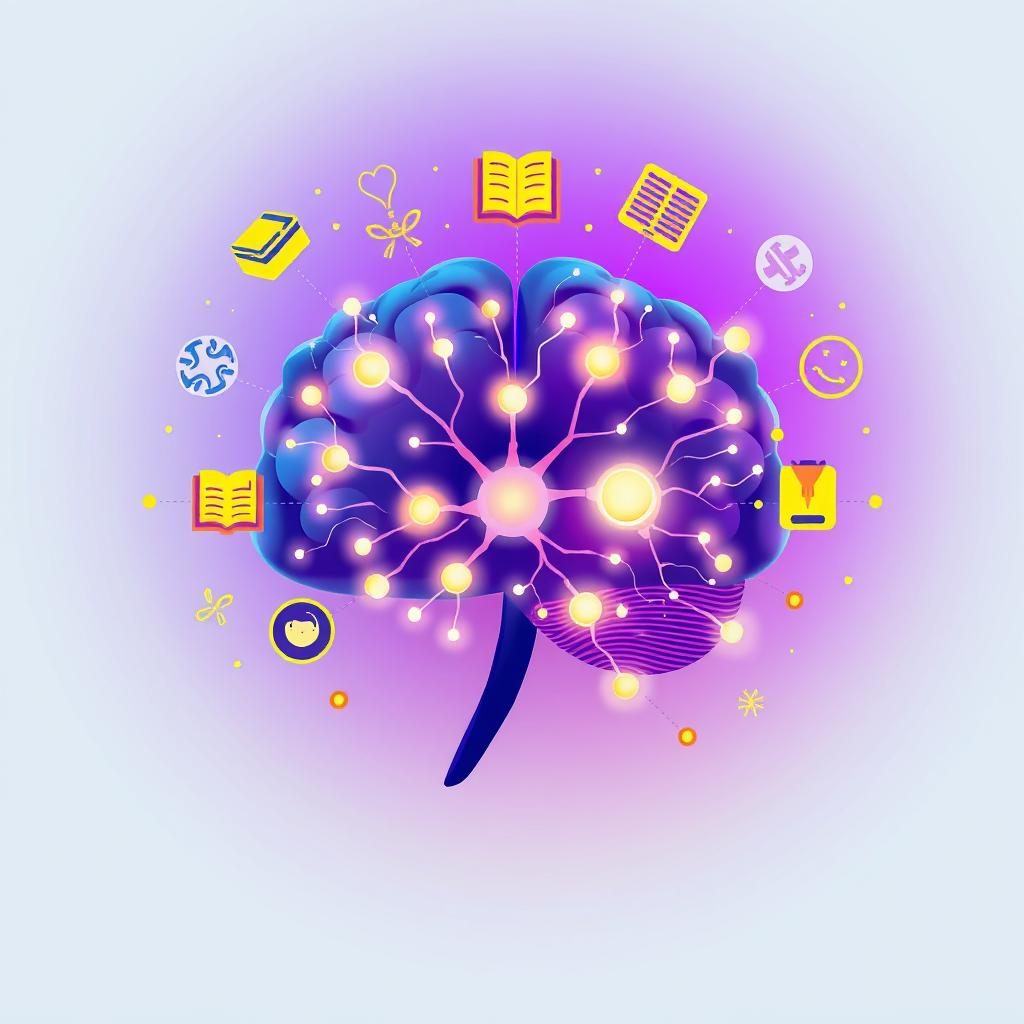
Boost Your Brain Power: Why Mental and Physical Exercise, Nutrition, and Mindfulness Matter
Introduction
Do you ever wonder how to keep your brain sharp as you age? The human brain is an incredible organ capable of growth and adaptation throughout life. However, maintaining cognitive health requires effort and consistency. In this article, we’ll explore why brain exercise matters, the best types of mental activities, the role of physical exercise and nutrition, mindfulness benefits, and how to build lasting habits for a healthier mind.
Why Brain Exercise Matters
Your brain thrives on stimulation. Just like muscles, it needs regular “workouts” to stay strong and agile. Engaging in brain exercises can enhance memory, improve problem-solving skills, and even reduce the risk of cognitive decline over time.
Here are some key reasons why brain exercise is essential:
- Prevents Cognitive Decline: Keeps neurons active and strengthens neural connections.
- Improves Focus and Concentration: Helps you stay sharp in daily tasks.
- Boosts Mood: Stimulating activities release feel-good chemicals like dopamine.
By incorporating brain exercises into your routine, you’re investing in long-term mental well-being.
Types of Mental Activities
Puzzles
Puzzles are excellent tools for boosting cognitive function. Whether it’s Sudoku, crosswords, or jigsaw puzzles, these activities challenge different areas of the brain. They promote logical thinking, spatial awareness, and pattern recognition.
Try adding one puzzle session to your day—just 15 minutes can make a difference!
Memory Games
Memory games help strengthen recall abilities by training short-term and working memory. Apps like Lumosity or simple card matching games are great options. Regular practice enhances focus and retention, which translates to real-world benefits like remembering names or important dates.
Reading
Reading is one of the most accessible yet powerful forms of mental exercise. It stimulates imagination, improves vocabulary, and enhances comprehension skills. Fiction, non-fiction, or even articles online—any form of reading contributes positively to brain health.
Physical Exercise and Its Impact on Brain Health
Physical activity isn’t just about building muscle; it also plays a crucial role in brain health. When you move your body, blood flow increases, delivering oxygen and nutrients to the brain. This promotes the growth of new neurons and supports overall cognitive function.
Some benefits include:
- Reducing stress hormones that harm the brain.
- Enhancing mood through endorphin release.
- Improving sleep quality, which aids memory consolidation.
Even moderate exercise, such as walking or yoga, can yield significant results. Aim for at least 30 minutes of movement each day to support both physical and mental fitness.
Nutrition for Cognitive Function
What you eat directly affects your brain’s performance. A balanced diet rich in vitamins, minerals, and antioxidants provides the fuel your brain needs to thrive. Here are some top foods for cognitive health:
- Fatty Fish: Rich in omega-3 fatty acids, which support brain structure and function.
- Berries: High in antioxidants, they protect against oxidative stress.
- Nuts and Seeds: Packed with healthy fats and vitamin E, promoting brain health.
- Dark Leafy Greens: Loaded with nutrients like folate and beta-carotene.
Avoid processed foods and excessive sugar, as they can impair brain function and increase inflammation.
Mindfulness and Meditation Benefits
In today’s fast-paced world, mindfulness and meditation offer a much-needed break for the mind. These practices reduce stress, improve attention span, and foster emotional resilience.
Key benefits include:
- Lowering cortisol levels associated with chronic stress.
- Increasing gray matter density in regions linked to learning and self-awareness.
- Enhancing emotional regulation and empathy.
Start small with five-minute sessions daily, focusing on deep breathing or guided meditations. Over time, you’ll notice improvements in clarity and calmness.
Building Consistent Brain Training Habits
Consistency is key when it comes to brain training. To create sustainable habits, follow these tips:
Set Clear Goals
Define what you want to achieve—whether it’s improving memory, increasing focus, or reducing stress. Specific goals provide direction and motivation.
Create a Routine
Schedule dedicated time for brain exercises, physical activity, and mindfulness. For example, solve a puzzle during breakfast, go for a walk after lunch, and meditate before bed.
Track Progress
Use journals or apps to monitor your progress. Seeing improvements reinforces commitment and keeps you accountable.
Stay Flexible
Life gets busy, so be adaptable. If you miss a session, don’t give up—resume where you left off. Small efforts add up over time.
Investing in your brain health is one of the best decisions you can make. By combining mental exercises, physical activity, proper nutrition, and mindfulness, you set yourself up for lifelong cognitive success. Start today by choosing one habit from this article to incorporate into your routine. Remember, every step forward counts toward a sharper, healthier mind. Let us know in the comments below how you plan to boost your brain power!


